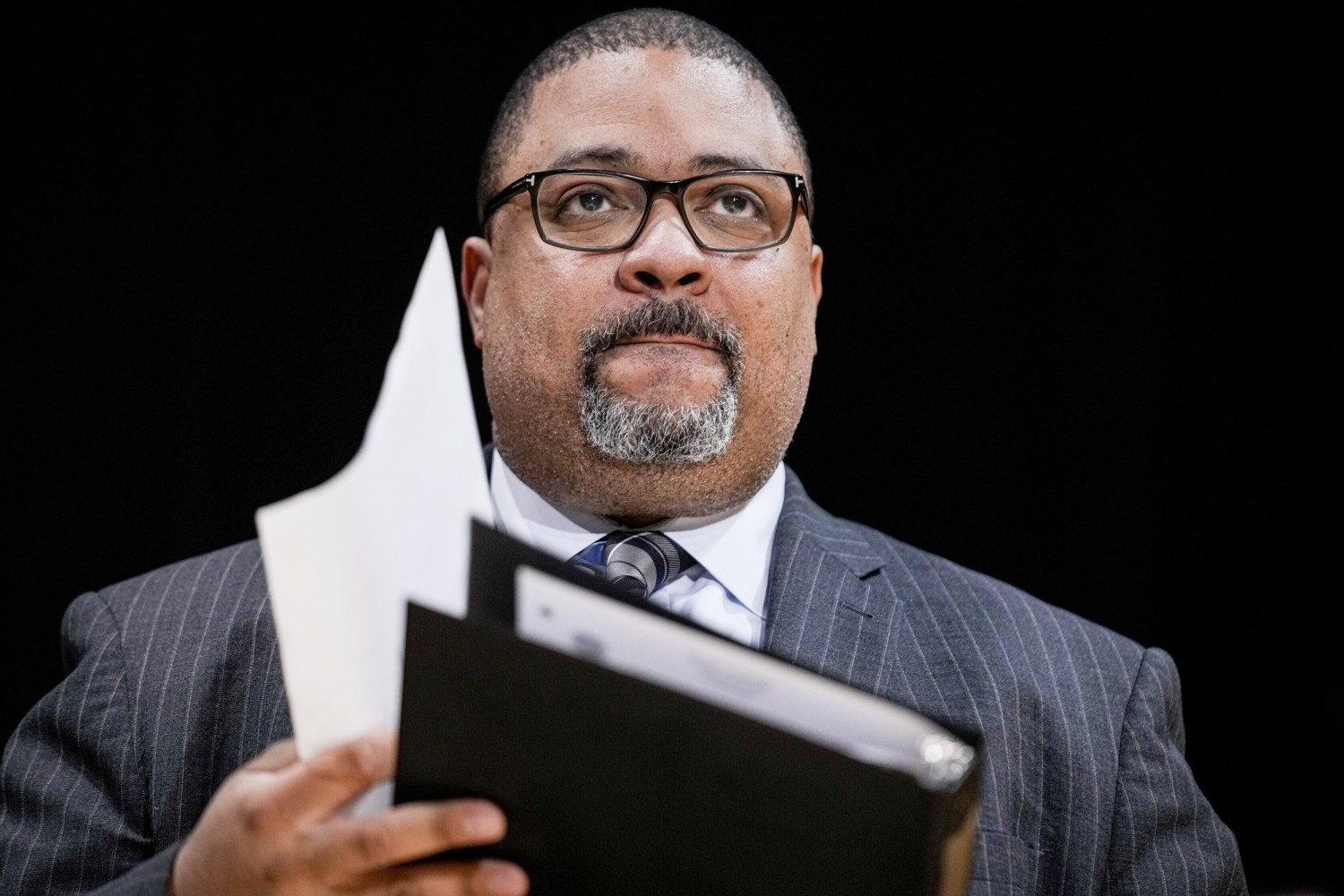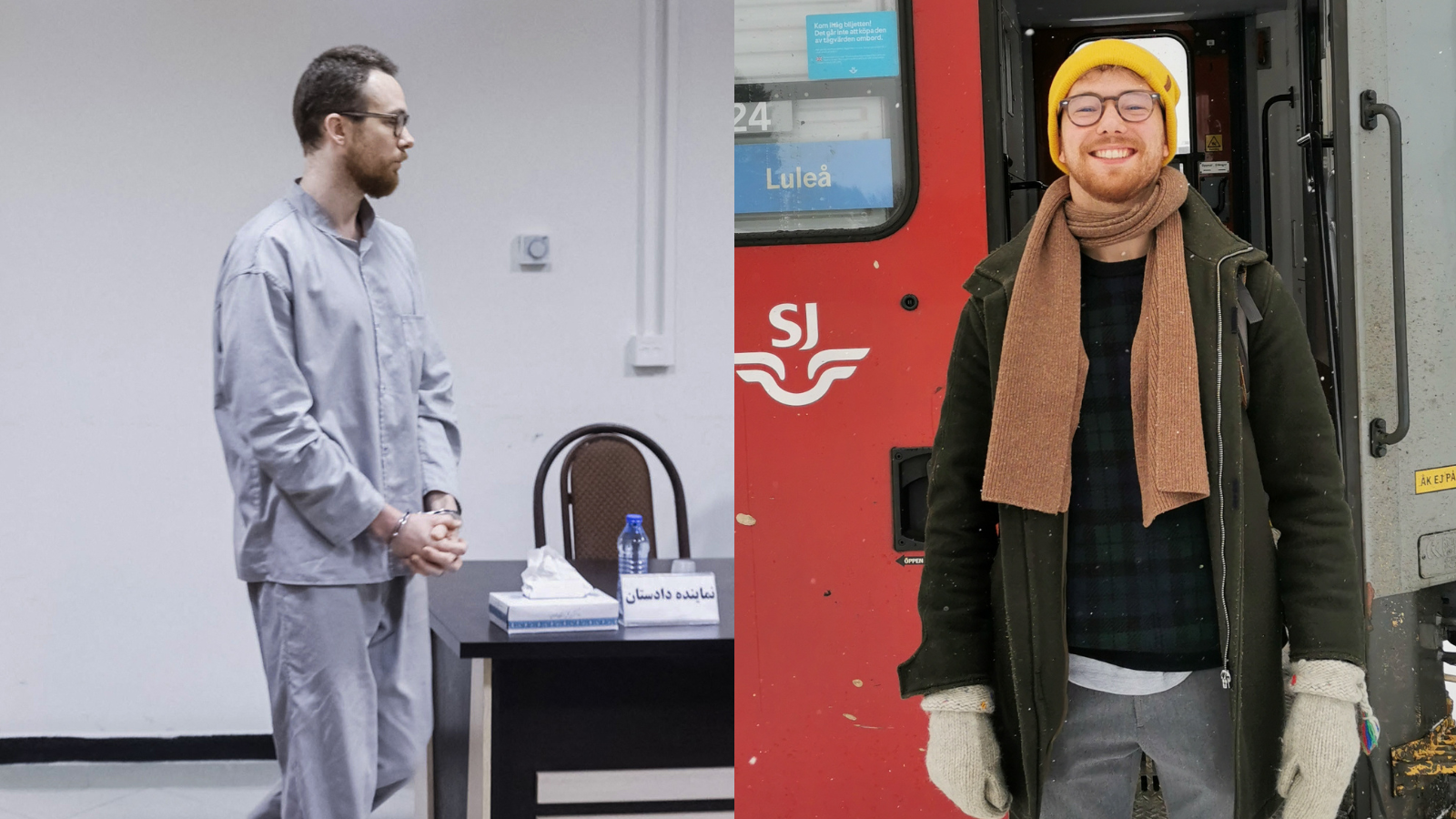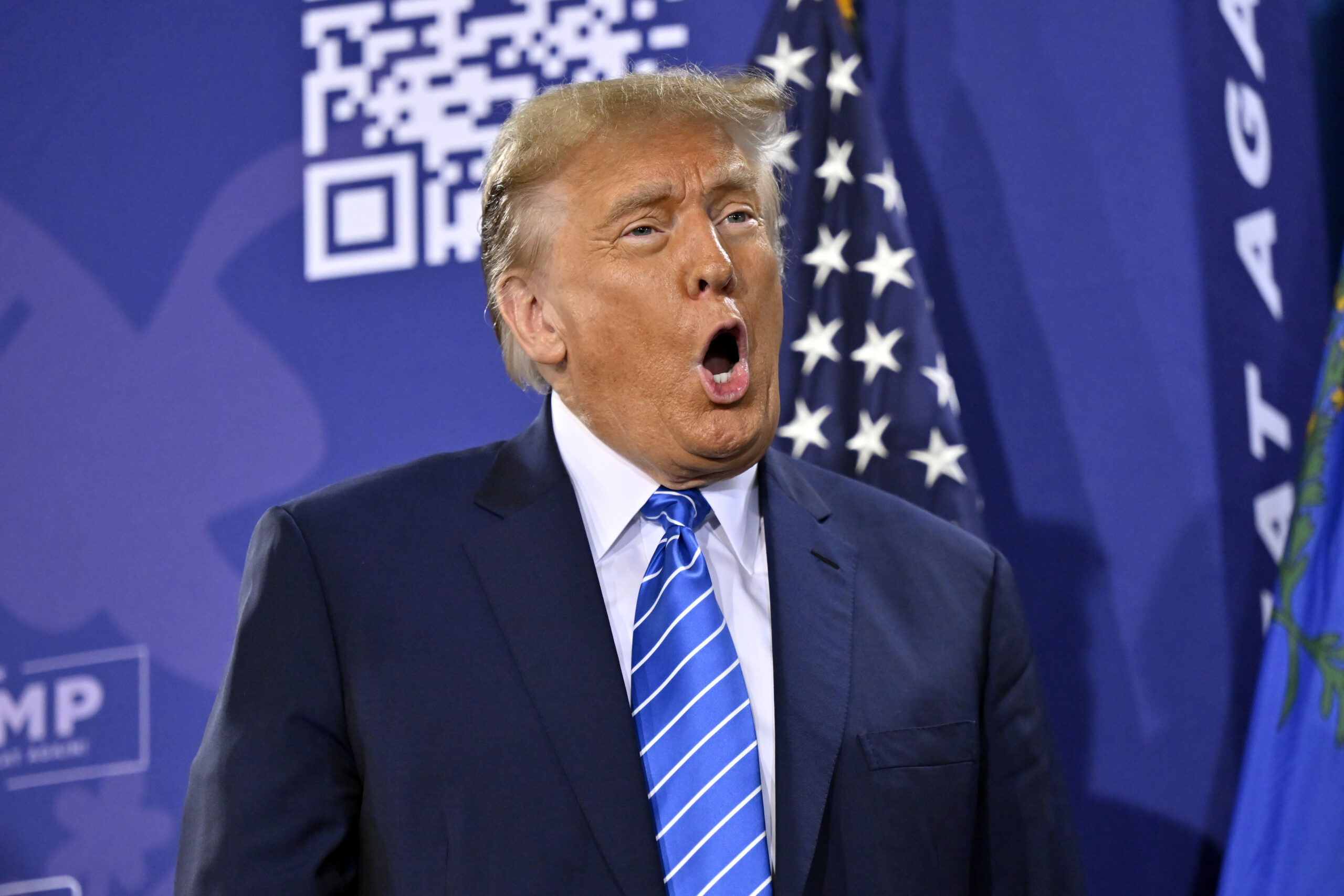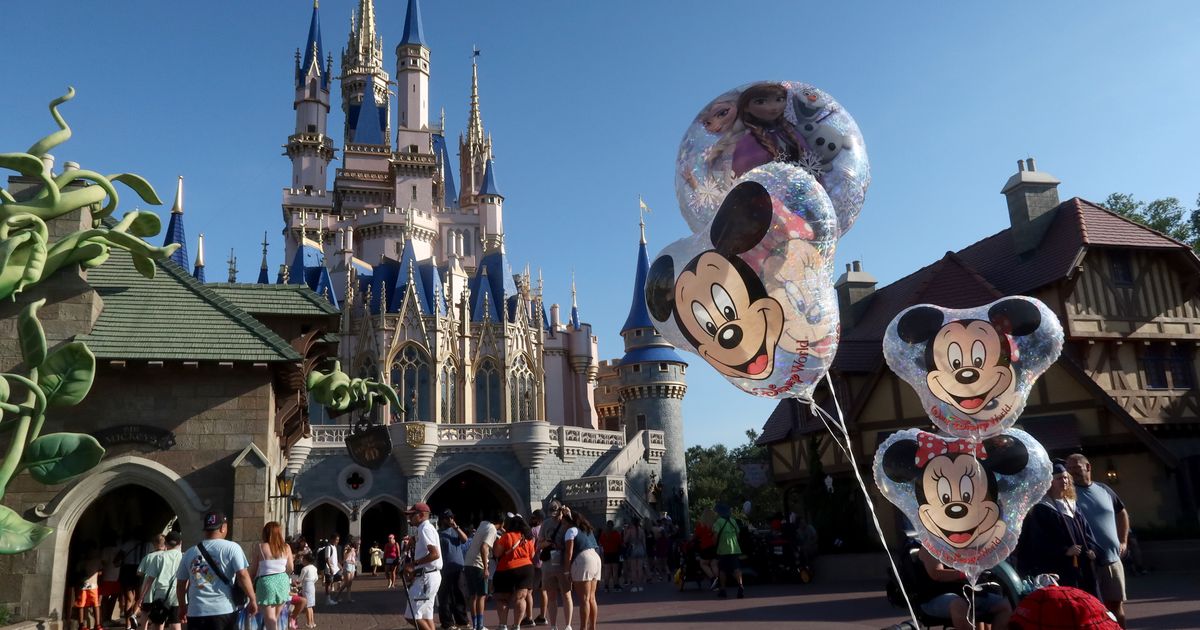What Effect Does the Supreme Court’s Presidential Immunity Ruling Have on Donald Trump’s New York Criminal Case?
The recent Supreme Court ruling on presidential immunity has sent shockwaves through the legal community and raised questions about its potential impact on Donald Trump’s New York criminal case.
According to the Manhattan District Attorney’s office, the ruling has “no bearing on this prosecution.” However, legal experts are divided on the issue, with some arguing that the decision could have far-reaching consequences for the New York case.
The Supreme Court’s ruling established a new, vague test for distinguishing between official acts that are immune from prosecution and unofficial acts that can be charged. This distinction is not relevant to the New York case, where Trump was not charged with official conduct.
Instead, the issue stems from a strange part of the immunity ruling that curbs the government’s use of official-act evidence to prove guilt of private conduct. This raises the question of whether any such official evidence was improperly used to secure the Manhattan verdict — and what to do about it if so.
Prosecutors contend that the evidence did not run afoul of the immunity ruling and that “even if some of this evidence were improperly admitted, any error was harmless in light of other overwhelming evidence” of Trump’s guilt and should not lead to overturning the guilty verdict.
Legal errors at criminal trials do not automatically lead to reversal when there is otherwise overwhelming evidence of guilt, and prosecutors say that is the case here (while maintaining that there was no legal problem to begin with). Meanwhile, Trump’s lawyers argue that they should prevail in any harmless-error analysis but that such analysis cannot even apply here because, they say, presidential immunity errors are never harmless.
In a normal case, the prosecution would be on solid footing. And it may yet prevail in defending the Trump verdict despite the immunity ruling. But we are in a new world after that decision, one in which the Supreme Court majority’s guiding light can seemingly be boiled down to suspicion of prosecutions against former presidents — at least this former president.
In their motion, which was made public Thursday, prosecutors wrote that none of the evidence that Trump objects to “said anything whatsoever about defendant’s presidential policies or political positions.” They further noted that the presiding judge, Juan Merchan, “not only allowed extensive individualized questioning during voir dire to ensure that the jurors were not politically biased, but also carefully instructed the jury not to let their personal or political opinions of defendant affect their consideration of the evidence.”
That is true. But in the immunity ruling, Chief Justice John Roberts was dismissive of the safeguards that are apparently sufficient to protect any other criminal defendant, writing that tools like evidentiary rulings and jury instructions “are unlikely to protect adequately the President’s constitutional prerogatives.”
Again, perhaps the ruling has “no bearing” on this case, which has already gone to trial and was not premised on Trump’s official conduct. It is laughable to contemplate that the president’s constitutional prerogatives are at stake in the context of covering up a personal hush money scheme.
But if it is decided in retrospect that any official-type evidence improperly seeped into Trump’s trial, then prosecutors may be forced to try him all over again. Merchan is expected to rule Sept. 6 and sentence Trump on Sept. 18 if he rejects the defendant’s immunity motion. The judge already had a heavy task in weighing how to sentence the Republican presidential nominee. Now the immunity ruling has added another vague hurdle to get to that point.
The Supreme Court’s presidential immunity ruling has created a cloud of uncertainty over the New York criminal case against Donald Trump. It is still too early to say what the ultimate impact of the ruling will be, but it is clear that the legal landscape has shifted and it may make it more difficult to hold former presidents accountable for their actions.



